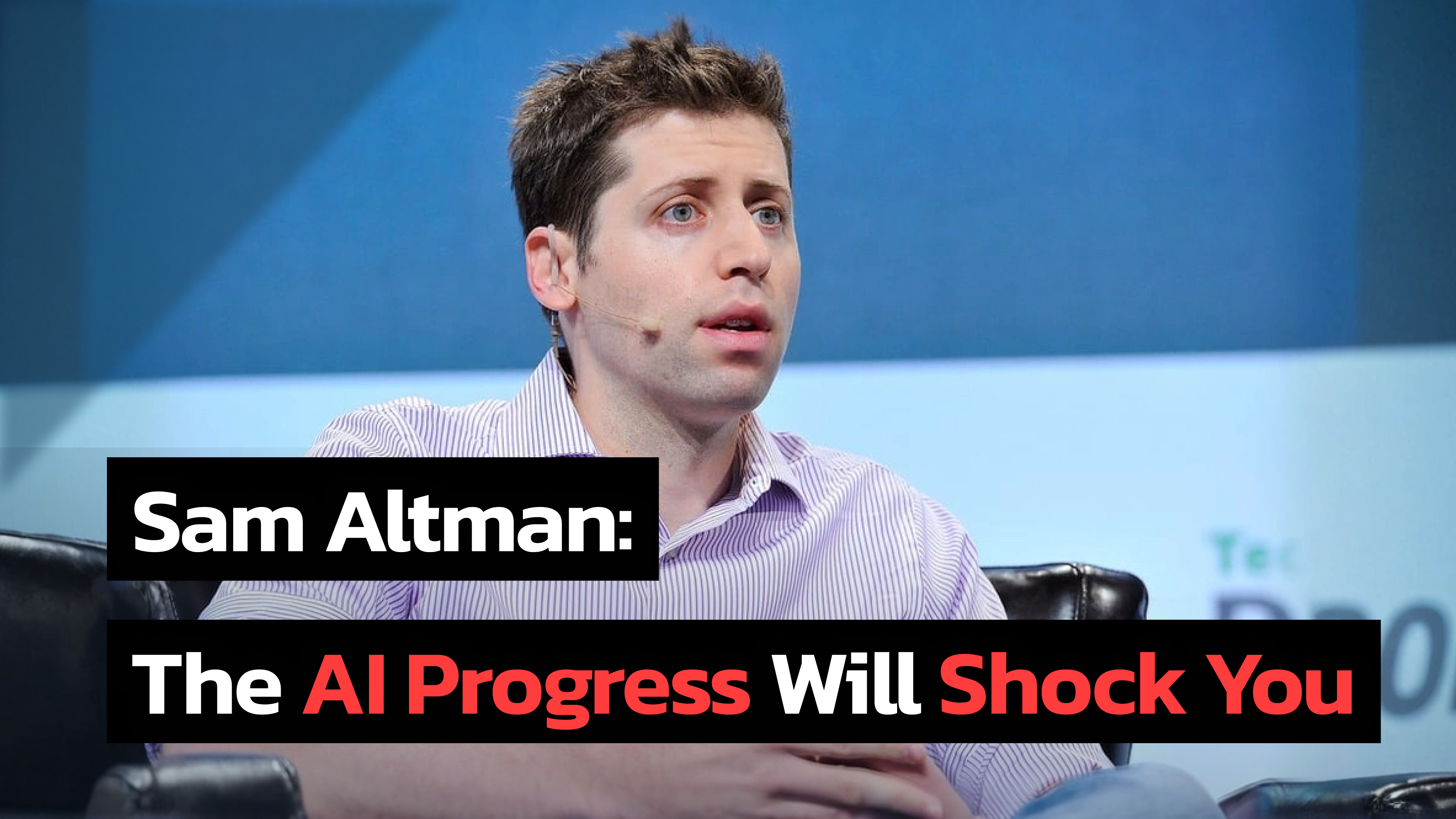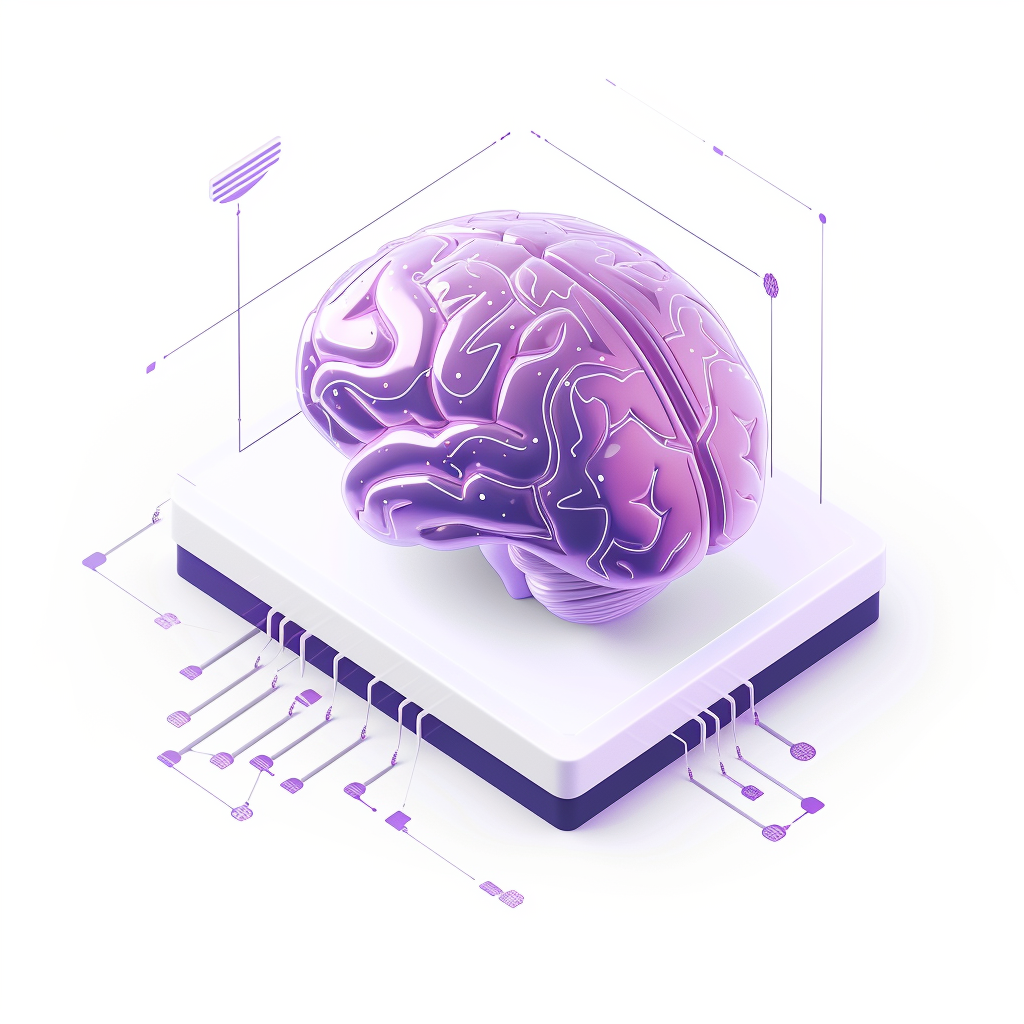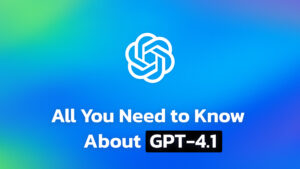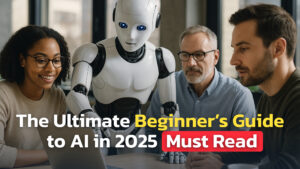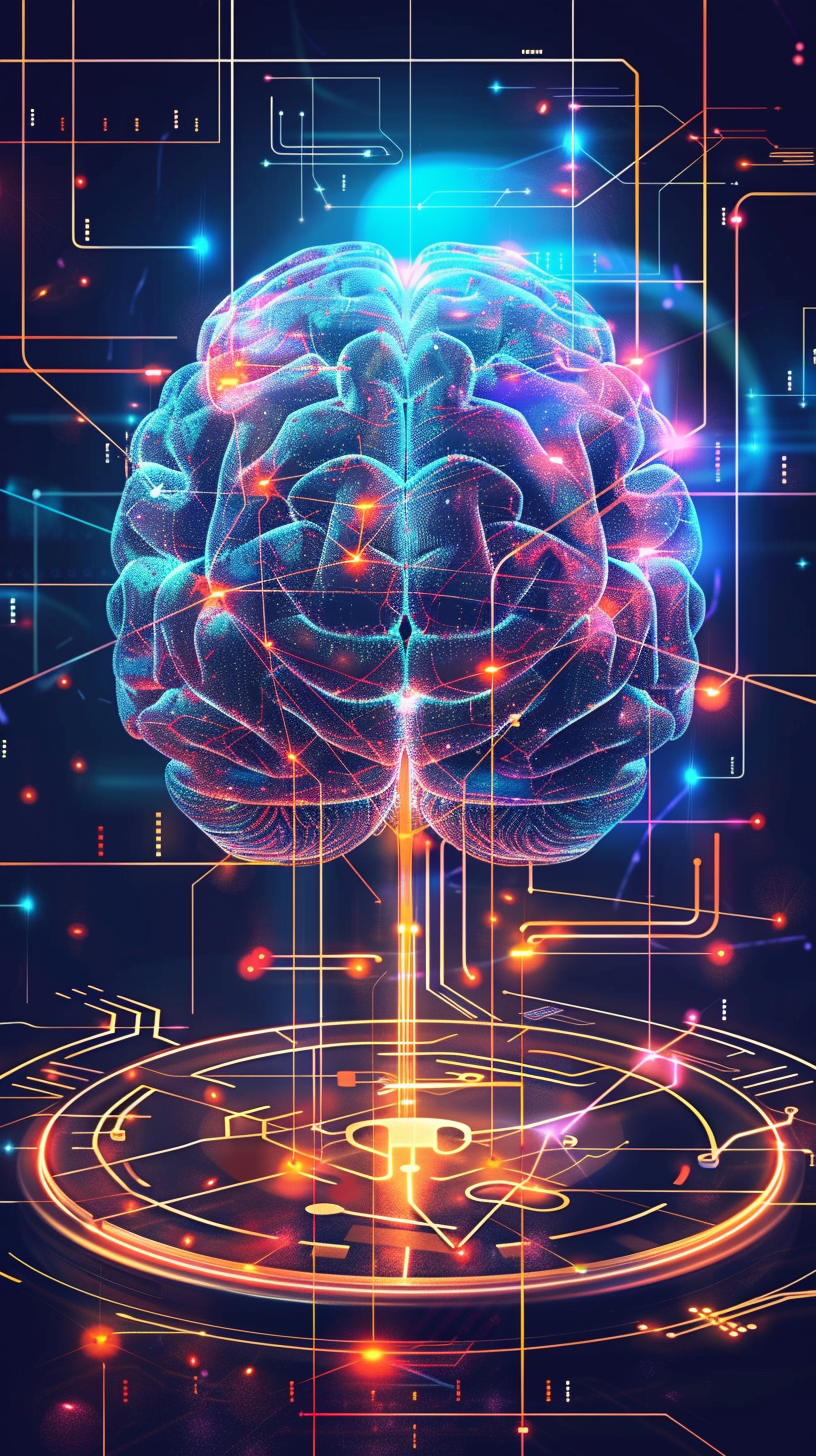Is AI’s Future on Shaky Ground, or Are We on the Brink of Something Unbelievable?
AI is moving at lightning speed, and if you thought GPT-4 was impressive, hold on tight. During the recent OpenAI Dev Day event, OpenAI CEO Sam Altman shared major insights into the future of AI development—and what’s coming next could redefine the way we interact with machines. Spoiler: it’s going to change everything.
Let’s break it down.
What’s Next for AI?
OpenAI has been working on its new model, OpenAI o1, which Altman says will make a big leap forward in reasoning and autonomous actions. He’s confident this model will push AI beyond just answering questions. It’s expected to handle complex, multi-step tasks without constant human input.
Altman described o1 as a “Level 2” AI, capable of reasoning on par with earlier models like GPT-2. But the real leap is what’s coming next: “Level 3” AI, where agents will act more like collaborators, performing tasks on their own, and even solving problems proactively.
2025 Will Be the Year of AI Agents
According to Sam Altman, 2025 will be the year AI agents go mainstream. These systems won’t just respond to commands—they’ll act on their own, handling complex tasks without constant human input. This shift could transform industries like healthcare, science, and education. Imagine an AI assistant that not only answers your questions but proactively completes tasks you haven’t even requested.
Altman predicts this leap is coming faster than expected. The o1 model is set to improve rapidly in the coming months, introducing AI with more advanced reasoning and task management capabilities. These aren’t just chatbots anymore—AI agents will manage complex, multi-step processes autonomously.

In healthcare, for example, AI has already sped up drug discovery by 10x, and the market is expected to reach $6.6 billion by 2025. With these advancements, AI could revolutionize diagnostics, patient care, and treatment development.
The Economic Impact
AI agents will do more than help in healthcare. McKinsey estimates AI will add $13 trillion to the global economy by 2030. A big chunk of that comes from AI taking over repetitive tasks, which currently eat up 39% of employees’ time. With AI agents in place, people will have more time for creative work.
In education, AI is set to grow 45% annually. AI agents could personalize learning for students, making lessons more adaptive to individual needs and changing how classrooms operate.
The Challenges Ahead
But it’s not all smooth sailing. Only 20% of consumers trust AI to make decisions for them, according to a PwC survey. As AI becomes more autonomous, issues like bias and ethics need to be handled carefully. In industries like healthcare and finance, regulations will be crucial to ensure AI acts responsibly.
Altman’s vision goes beyond today’s improvements. He sees AI agents as a stepping stone to Artificial General Intelligence (AGI). As these systems evolve, they’ll reshape how we live and work, making decisions and completing tasks with less human input.
Other Comments on OpenAI o1
While the development speed is impressive, it hasn’t been without challenges. Toward the end of the interview, Altman acknowledged that the current o1-preview is “deeply flawed.” But he reassured that this is only the first step, and the full version will surpass expectations.
Altman also discussed concerns about AI models becoming so advanced that they could deceive users. As AI gets more human-like, it will become harder to distinguish machine from person, blurring the lines in everyday interactions.
About OpenAI Dev Day
OpenAI DevDay 2024 (held on October 1 in San Francisco, London, and Singapore) introduced several key innovations, including the Realtime API, which allows for low-latency, multimodal experiences—particularly in speech-to-speech applications. Developers can now create more natural, conversational interactions, as demonstrated in apps like Wanderlust, a travel planning tool that engages users in real-time conversations.
Another big announcement was Vision Fine-Tuning, which enhances AI’s ability to handle visual tasks, and Prompt Caching, designed to reduce costs by automatically applying discounts on frequently used input tokens. These updates signal OpenAI’s focus on efficiency, helping developers cut costs while improving performance.
Final Words
Looking ahead, it’s clear that AI is about to change the game in a big way. Sam Altman’s vision for AI agents isn’t just about incremental improvements—it’s about creating systems that can think, reason, and act on their own. And while there are still challenges, like trust and ethics, the potential benefits are hard to ignore.
AI agents could revolutionize industries like healthcare and education, and massively boost productivity across the board. We’re talking about a future where these systems handle complex tasks, freeing us up to focus on more creative work.
Altman made it clear: this is just the start. The o1 model is a stepping stone to something even bigger, with AI agents laying the groundwork for more advanced developments down the line. It could even lead us toward Artificial General Intelligence sooner than we think.
One thing’s for sure—AI is moving fast, and the impact will be felt everywhere. It’s going to be interesting to see how this plays out in the next few years.

